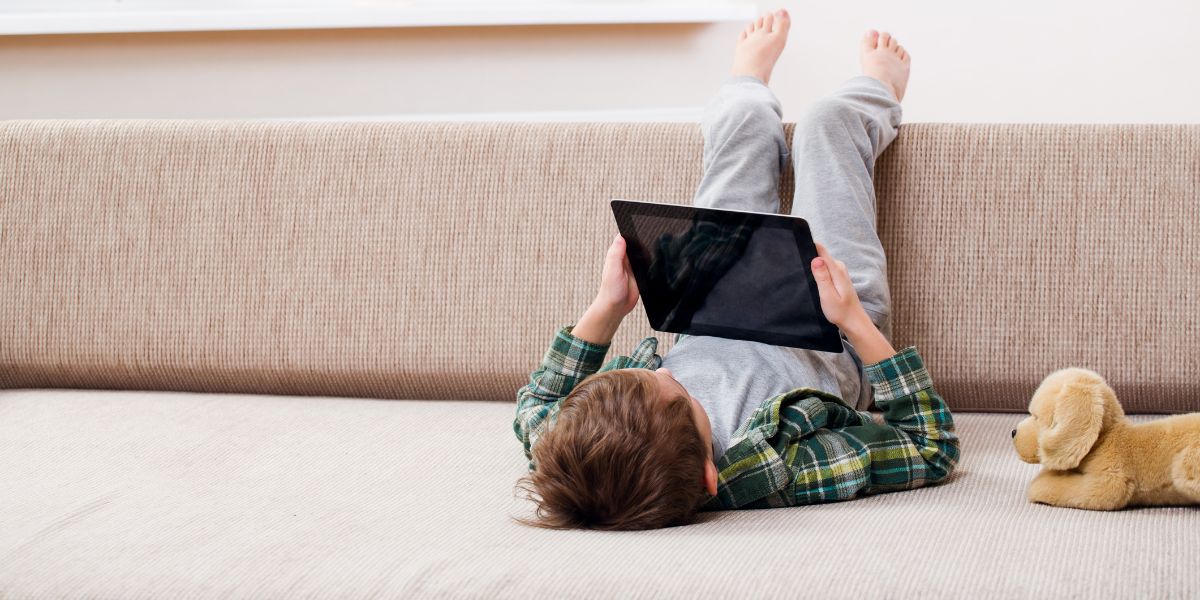Parents who keep their young children amused with digital devices are likely to face behavioural problems in the future, new evidence reveals.
Academics from the University of Michigan have found that using tablets and smartphones to keep children between the age of three and five entertained boosts their chances of developing emotional dysregulation.
Senior author Dr Jenny Radesky said: “Using mobile devices to settle down a young child may seem like a harmless, temporary tool to reduce stress in the household, but there may be long term consequences if it’s a regular go-to soothing strategy.
“Particularly in early childhood, devices may displace opportunities for development of independent and alternative methods to self-regulate.”
- Ditching devices and being alone with your thoughts is more enjoyable than people give credit for, study shows
- New non-invasive CGM uses radio frequency technology
During the study, the team of researchers observed the daily routines of 422 parents and carers who have children between the age of three and five.
Each participant answered questions on how often they use digital devices as a parenting tactic to entertain their children.
The parents were also quizzed on whether their children show any signs of emotional dysregulation.
Symptoms of emotional dysregulation include anxiety, depression, perfectionism, highly conflictual interpersonal relationships, excessive substance use, high-risk sexual behaviours and high levels of shame and anger.
According to the results, young boys needed calming down with digital devices more than young girls.
In addition, young boys were more likely to develop emotional dysregulation compared to young girls, the study has reported.
Dr Radesky said: “Our findings suggest that using devices as a way to appease agitated children may especially be problematic to those who already struggle with emotional coping skills.
- Trial seeks to identify children at risk of type 1 diabetes
- Metabolic syndrome in children not prevented by doing high aerobic exercises, study finds
“Caregivers may experience immediate relief from using devices if they quickly and effectively reduce children’s negative and challenging behaviours.”
She added: “This feels rewarding to both parents and children and can motivate them both to maintain this cycle. The habit of using devices to manage difficult behaviour strengthens over time as children’s media demands strengthen as well.”
She evaluated: “The more often devices are used, the less practice children – and their parents – get to use other coping strategies.”
The study can be read in full in the journal JAMA Pediatrics.




